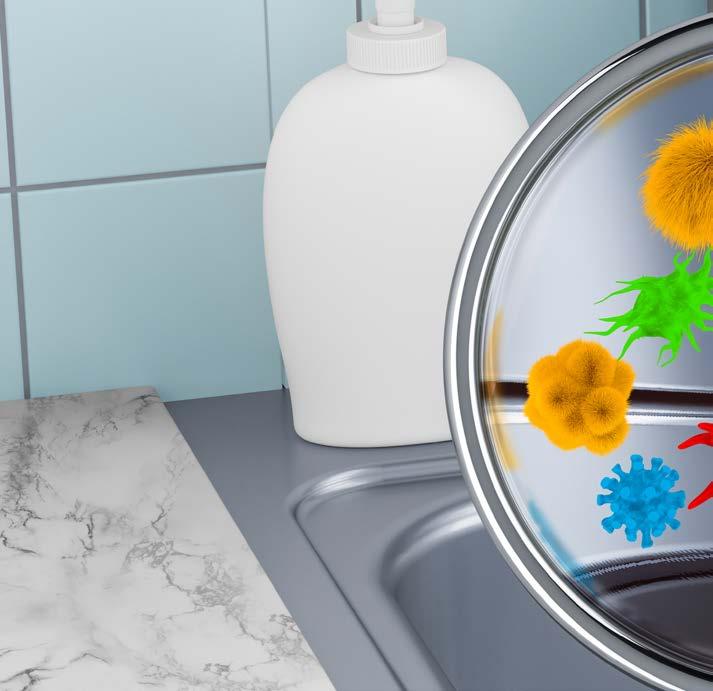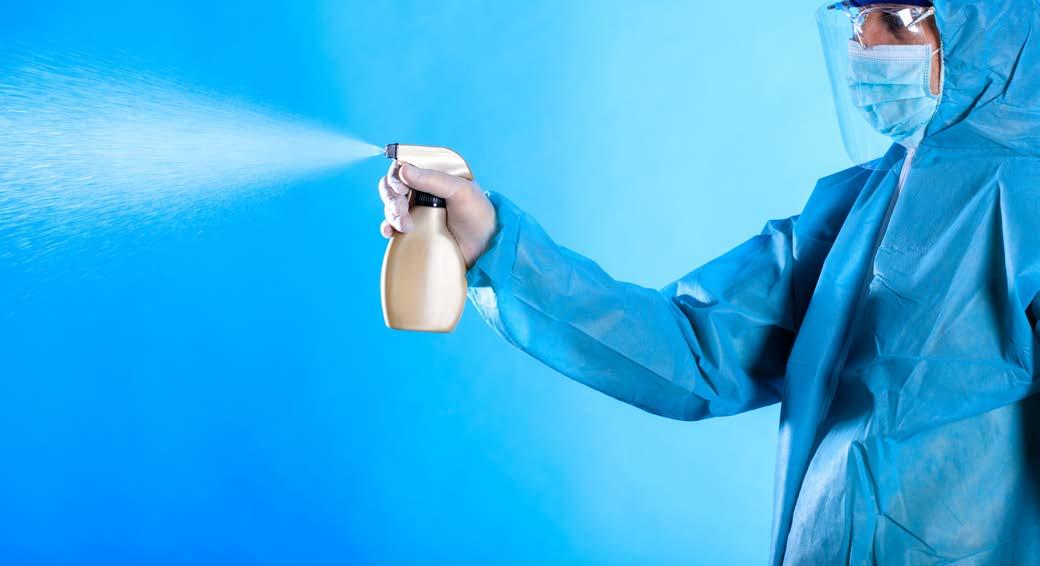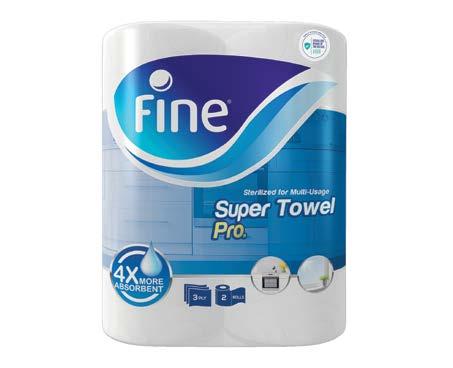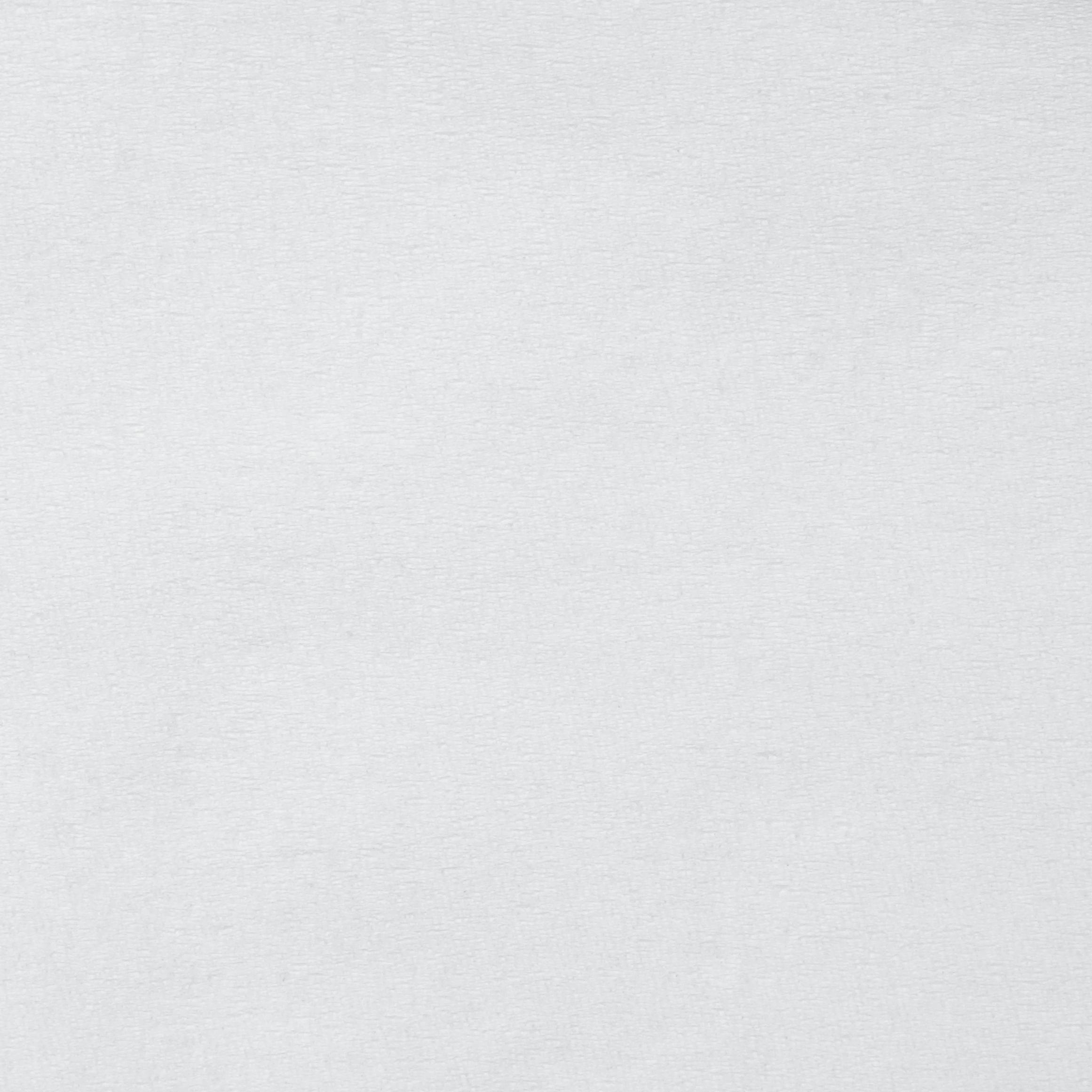
8 minute read
Tips to Control Infection in the Home
H O M E H Y G I E N E
We’re staying alert to ways you can protect your family in the home and keep up your guard against the Covid-19 virus.
TIPS TO CONTROL INFECTION IN THE HOME
In the last issue (see the online copy), we looked at some of the hidden places around the home where bacteria lurk - and we focussed on the kitchen. In this issue, we look at some of the less obvious places where bacteria quietly breed...and what to do about it!
Back in 2016, a study was carried out which found the areas and objects in the average home that were most contaminated with bacteria. Alarmingly, the study found over 340 different kinds of bacteria on just 30 of the common household objects they tested.
In the last issue we took an in-depth look at where bacteria lurks in the kitchen, but these are some of the other areas found to have the most concentrated amounts of bacterias lurking:
▲ Make-up and make up bags
▲ Bathroom
▲ Around laundry and laundry rooms
▲ Home office / Living room
▲ Pets and pet items
▲ Personal items
Your make-up bag
In the light of the Covid-19 crisis, you may need to change how you store your make-up! The handles, bristles and nooks and crannies of make-up applicators are prime real estate for bacteria, especially if you usually take your make-up bag outside the house. The bacteria that live on used make-up applicators and brushes can cause skin and

eye infections. Of particular concern right now is that the Covid-19 virus can easily transfer onto make-up applicators from your hands and make its way into your nose, mouth, and eyes, which can allow the virus to get into your respiratory tract. Your make-up products should be kept in a clean, dry space at room temperature.
▲ To keep make-up brushes clean, wash them thoroughly once a week with ordinary soap and water. You may need to repeat this twice if the brushes have not been cleaned before, or if they are clogged with a lot of make-up. You can also use a light rub of sanitiser on the brushes afterwards and let them dry flat on a few sheets of sanitised kitchen roll or sanitised tissue, such as the Fine brand.
▲ Wash make-up applicators at least once a day or before and after each use to prevent the spread of the coronavirus.
▲ It is also recommended that you replace some cosmetics every six months, particularly the ones that you repeatedly dip a brush or finger into.
Throw out eye make-up if you’ve had an eye infection or have been exposed to the Covid-19 virus.
Bathroom
It’s no surprise that the place you scrub dirt and grime off of your body holds bacteria. Because of the moisture from hot showers, the bathroom is also a perfect place for germ growth. The areas you should pay special attention to include:
▲ Shower tub
▲ Drains
▲ Taps / Faucets
▲ Floor area around the toilet
▲ Floor area around the sink
▲ Bath towels
▲ Toothbrushes & toothbrush holders
Bathroom towels are designed to hold moisture, and when you combine this with the warmer temperature of a family bathroom because of all the showering activity, bacteria have the perfect conditions of warmth and moisture to thrive. Consequently, bathroom towels quickly become a hotbed for bacterial activity, which can easily spread from personto-person.
Wash your hands frequently and dry them with a sterilised paper towel or tissue.

According to a study (called ‘Microbe 2020’) published in the prestigious medical research journal, The Lancet, the Covid-19 virus can stay live on ordinary, unsterilised tissues for up to 3 hours. Sterilised tissues are therefore a safer option.
Similarly, for safer hand-washing practice, wash your hands with an antibacterial soap, then dry them with a fresh, sterilised paper towel or tissue.
▲ To keep the bathroom germ-free, wipe surfaces and handles down with disinfectant on a daily basis and do a thorough cleaning once a week.
▲ An old toothbrush is in handy for cleaning small spaces such as those around drains and the base of faucets.
Use bleach in these areas, as they are favourite spots for bacteria.
The Covid-19 virus is less likely to live in your shower, sink, or drains because soap and water are able to wash it away, but you should still disinfect all surfaces in your bathroom, especially if someone in your home has the infection or has recovered from it. Needless to say, the toilet should be kept spotlessly clean at all times. It is a good idea to use a sterilised toilet tissue brand as an extra layer of hygiene, especially when you have young children at home.
Laundry
Wet laundry left in a machine, even for a short amount of time, can cause germs to breed and flourish.
▲ Transfer clean clothes to the dryer immediately after each wash. If clothes sit in the washing machine for more than 30 minutes, you may want to run a second cycle.
▲ If using a shared laundry facility, clean the washer drum with a disinfectant wipe before you use it.
▲ Be sure to wipe down any surfaces, especially public ones, before folding clean clothes.
▲ Warm or hot water is also more effective in killing both bacteria and viruses like the coronavirus than cold water.
▲ Use hot water whenever possible to wash clothes you’ve worn in public.
Home office and living room
Remote controls, computer keyboards, phones and tablets are often shared by multiple family members and house guests. In a study of 22 households, in 100% of the homes yeast and mould were found on the computer keyboard as well as the remote control and video game controller, where a type of bacteria called ‘staphylococcus’ was also discovered. The Covid-19 virus can live on plastic remote controls and keyboards for as long as three days.
Staphylococcus aureus infections
One particular strain of this bacteria, called ‘staphylococcus aureus’ are spread by coming into direct contact with an infected person, using a contaminated object, or by inhaling infected droplets dispersed by sneezing or coughing. Serious skin infections are common as a result of this bacter, which can spread through the bloodstream and infect organs.
Surfaces
Surfaces also contribute to bacteria growth and diversity. For example, a carpet can hold up to eight times its weight in dirt and dust and is likely to contain microbes and bacteria.
▲ Use disinfectant wipes or plain water and soap to clean your items, especially if they’ve come in contact with dirty surfaces like tables or counters.
▲ If you’ve been out in public or have come into contact with someone who has, wash your hands and dry them with a sheet of sterilised paper towel or tissue before touching any household objects.
Pets
Pets can also bring germs and bacteria in your home, especially if they go outside. According to one study, pet bowls were found to be the fourth most germ-ridden spot in the average home of pet owners. Pet toys were also found to be carrying bacteria, yeast, and mould.
Pets and their bowls, toys and beds can all carry the Covid-19, too. Although pets aren’t typically affected by this virus, they can carry and transfer it to you via your hands or face. You can prevent your pets from bringing in dirt by washing or wiping their paws before letting them in.
Pet accessory hygiene tips:
▲ Clean hard toys regularly with hot, soapy water
▲ Wash soft toys monthly
▲ Wash pet bowls daily with warm, soapy water
▲ Soak toys and bowls in bleach once a week (be sure to rinse them very thoroughly. If the small of bleach is still lingering, add a quarter of a cup of salt to warm soapy water and let the bowls/toys soak in this solution for an hour before rinsing again.)
Personal items
You can transfer bacteria and viruses from outside into your home through your shoes, gym bag, and even headphones.
Of the 22 homes surveyed, fecal contamination was found, as well as yeast and mould present on:
▲ Mobile phones
▲ Keys
▲ Wallet and money
▲ Lunch boxes
▲ The bottom of handbags /purses


The Covid-19 virus can also live on such surfaces for up to 3 days, since most of these objects are made of plastic or metal. Most disinfecting wipes are effective against bacteria and viruses on electronics. But if you want to be extra safe, you can find electronicspecific cleaning supplies at stores.
Be alert to the areas where bacteria can hide at home, but don’t be obsessed by it! Include the above in your cleaning routine, and using sterilised tissues to dry hands after washing is a good way to provide your family with added protection.
















